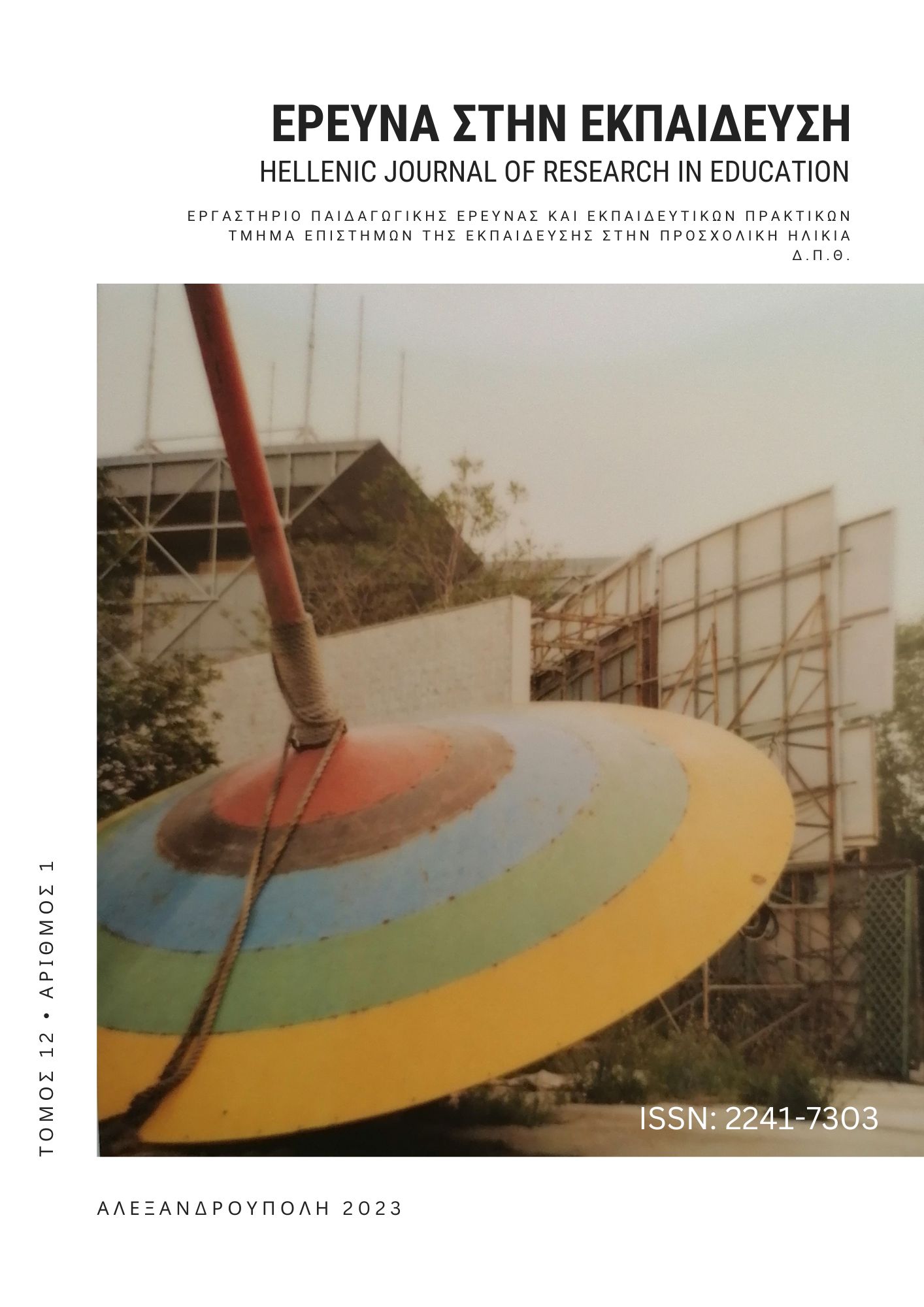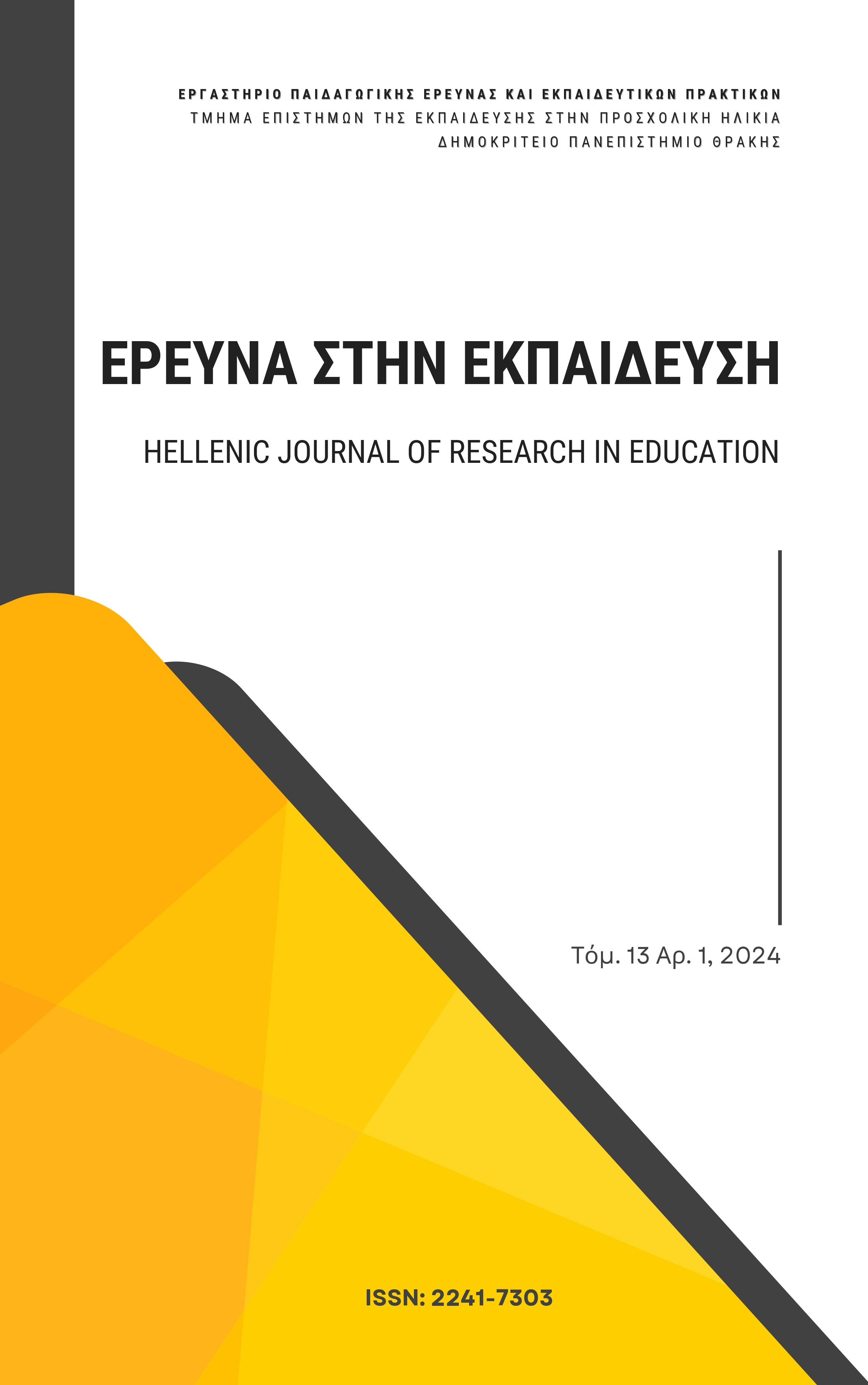The culture of Greek public school: a classification attempt based on the perspectives of the Educators

Abstract
The presented research was an attempt to map the culture of the Public School in Greece based on the perspectives of the Educators (Principals and Teachers). In a typological classification approach (to mainly answer the second of the three research questions: “The degree of influence of the elements that make up the specificity of the school culture in Greece during its formation is a criterion for the development of a typological -in the sense of orientations- classification model?”) two basic culture orientations emerged, the most prevalent one of the humancentric-open-collaborative culture and the rarest of the bureaucratic-closed culture, with a relative convergence between them in the perception of centralization. The position held by the educators in the school, the type and the size of the school (number of students and number of teachers) emerged as factors that influence -with not high certainty- the views and choices of educators regarding the orientations of school culture. The research on the subject was based on the theoretical model of the Competing Values of Cameron and Quinn (1999, 2006, 2011) concerning the four types of organizational culture, by adapted use of the Maslowski’s Questionnaire (2001) to explore the educators' perspectives about with the culture of their school, in a sample of schools of both Levels of School Education from all over Greece.
Article Details
- How to Cite
-
Lalioti, E., & Koutouzis, M. (2023). The culture of Greek public school: a classification attempt based on the perspectives of the Educators. Hellenic Journal of Research in Education, 12(1), 118–146. https://doi.org/10.12681/hjre.32656
- Issue
- Vol. 12 No. 1 (2023)
- Section
- Articles

This work is licensed under a Creative Commons Attribution-NonCommercial-ShareAlike 4.0 International License.
Authors who publish with this journal agree to the following terms:
- Authors retain copyright and grant the journal right of first publication with the work simultaneously licensed under a CC-BY-NC-SA that allows others to share the work with an acknowledgement of the work's authorship and initial publication in this journal.
- Authors are able to enter into separate, additional contractual arrangements for the non-exclusive distribution of the journal's published version of the work (e.g. post it to an institutional repository or publish it in a book), with an acknowledgement of its initial publication in this journal.
- Authors are permitted and encouraged to post their work online (preferably in institutional repositories or on their website) prior to and during the submission process, as it can lead to productive exchanges, as well as earlier and greater citation of published work (See The Effect of Open Access).



